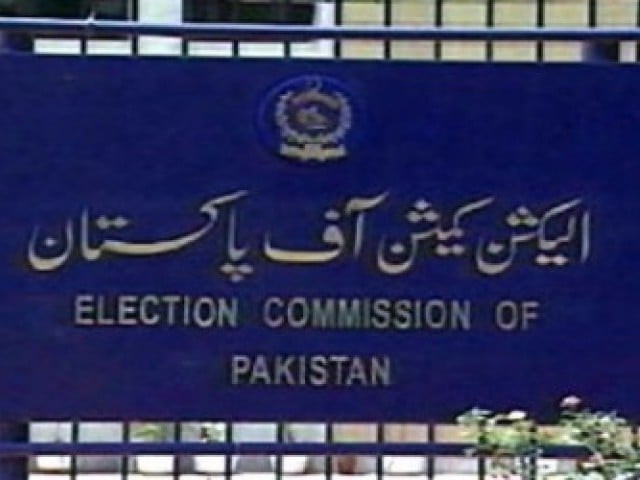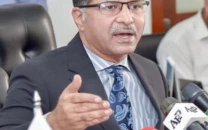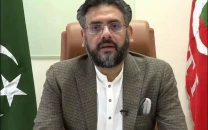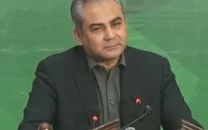ECP ‘defunct’ after 18th amendment
The Election Commission sees itself as a defunct body following the passage of the 18th amendment.

On Friday, the commission even announced the formation of a supervisory body to complete the degree-verification task it had been given by the Supreme Court.
Ishtiaq Ahmed Khan, the commission’s secretary, told a packed press conference that ambiguity had crept into the constitutional status of the commission, fuelling confusion over how it was supposed to function.
The amendment has effectively rewritten the ground rules for membership in the commission, according to him. Before the enactment of the legislation, the poll commission used to comprise a chairman and four members, all sitting judges of the high courts. But now retired judges are supposed to replace serving ones as commission members.
To sort out the confusion, the Election Commission intends to submit an application to the Supreme Court “to guide us on how we can proceed” because in the wake of the 18th amendment “the Election Commission does not exist.” Khan added that guidance would be sought also from the law minister.
The law ministry was subsequently responsible for laying down the criterion for the selection of Election Commission members - a task that has not been undertaken so far. Khan made it clear that the commission could not possibly function as long as this ambiguity persisted.
He said the commission had already written to the law ministry twice to act in accordance with the constitutional amendment but it had not received any response.
The commission, on its part, formed a supervisory body on Friday to oversee the process of verification of parliamentarians’ educational degrees. The commission’s senior joint secretary Muhammad Afzal Khan has been nominated as head of the body that would establish direct contact with the universities in case the Higher Education Commission (HEC) did not cooperate. Deputy secretary (elections) Jalil Ahmed and two section officers Mumtaz Awan and Rashid Muhammad will assist Afzal Khan.
The commission, according to the poll secretary, will complete the process in a transparent way without relenting to pressure from any quarter. HEC chairman Javed Leghari, Ishtiak said, had assured the Election Commission that he would appoint a focal person to keep a constant liaison between the two commissions.
If the HEC cannot provide the required information, the Election Commission will establish direct contact with the vice chancellors of the universities to gather the records of parliamentarians’ degrees.
The commission says it will send cases of falsified academic records to the registrars of the respective high courts. Individuals found with forged documents would then be tried in the sessions courts. “They [the accused] will have the option to move their case to a superior court or even the apex court against the decision of the lower judiciary,” Khan said. (With input additional from Wires)
Published in The Express Tribune, July 24th, 2010.



















COMMENTS
Comments are moderated and generally will be posted if they are on-topic and not abusive.
For more information, please see our Comments FAQ